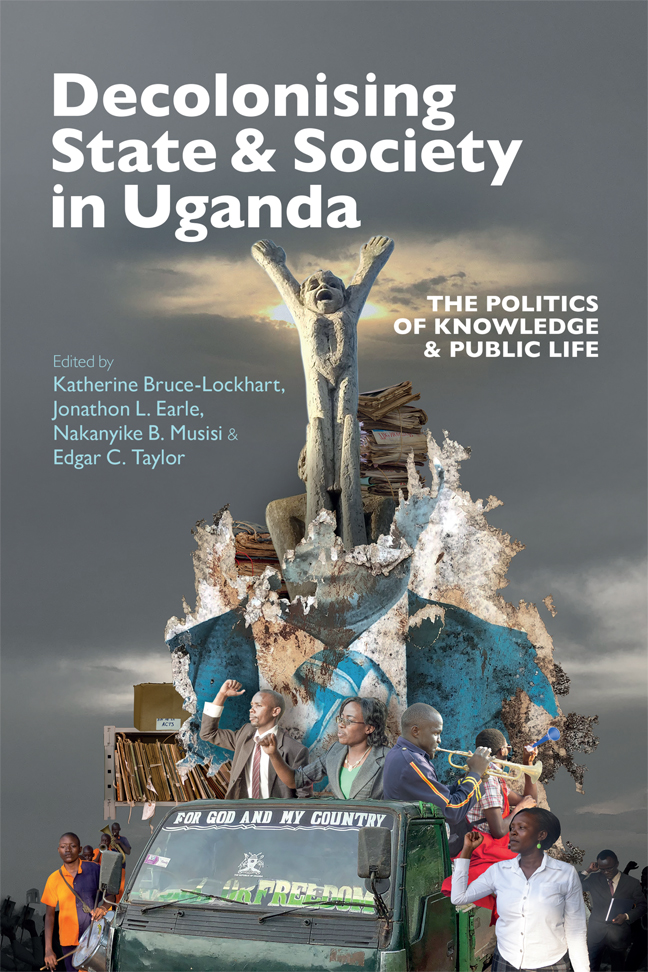2 - Poetic Violence? Intimate Understandings of Cattle Raiding in Karamoja
Published online by Cambridge University Press: 15 February 2024
Summary
This chapter stems from two random encounters. In 2003 I travelled to Kenya for the first time, and, during a trek across the Cherangani Hills, I witnessed the ongoing impact of cattle raiding. Cattle raiding essentially involves stealing other people's livestock, sometimes by force and sometimes by stealth. Like all forms of theft, it can have a multitude of specific causes. In this case, a handful of minor thefts took place on the border between two ethnic groups, the Marakwet and the Pokot, during February 2001. In the absence of a police response, Pokot raiders attacked Murkutwo location a month later, killing fifty-three people. By 2003 the Kenya Police, Administration Police, Kenyan Army, General Service Unit, and Anti-Stock Theft Unit all had camps across the highlands in an effort to prevent a recurrence of the violence. This was the genesis for my doctoral research, which examined the history of cattle raiding involving the Pokot. Originally, I focused on the rampant theft in the highland areas of Western Kenya, but when I met my future research collaborator Andrew Juma, he revealed that raiding remained a far bigger issue in the lowlands along the Kenya-Uganda border. As a result, we began doing interviews in Karamoja, north-east Uganda. We were able to record roughly 250 interviews with people involved in cattle raiding, some in the distant past and others more recently. This became the basis for my dissertation, which was completed in 2008.
The second encounter was with Neil Whitehead. I met him at a 2011 seminar in Kalamazoo through the intervention of Mustafa Mirzeler. Whitehead was an anthropologist at the University of Wisconsin-Madison, and also served as the editor of the Duke University Press series on violence. After his impassioned talk on the cannibal war-machine and the new world order, we spent some time discussing whether my research on Karamoja would be suitable for that series. His suggestions made me reflect on my own research process and the way scholars studied the region more generally. However, he passed away soon after, and my manuscript project fell by the wayside.
In this chapter, I aim to explore some of Whitehead's theoretical contributions to the study of violence, and how, if I had been aware of them earlier, they might have improved aspects of my own research on cattle raiding in Karamoja.
- Type
- Chapter
- Information
- Decolonising State and Society in UgandaThe Politics of Knowledge and Public Life, pp. 42 - 57Publisher: Boydell & BrewerPrint publication year: 2022

